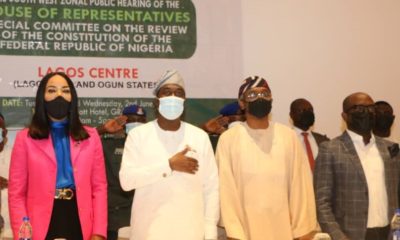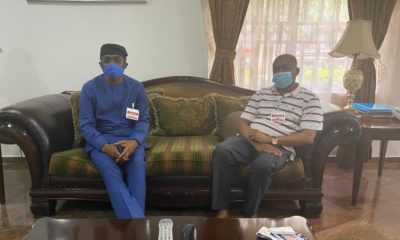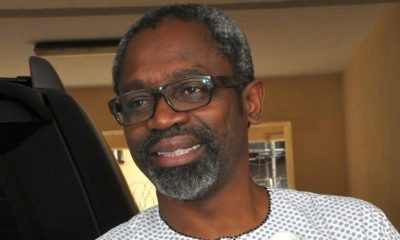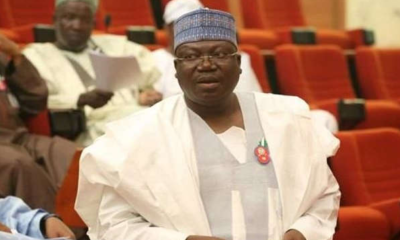News
Nigeria’s power sector not performing optimally – Gbajabiamila
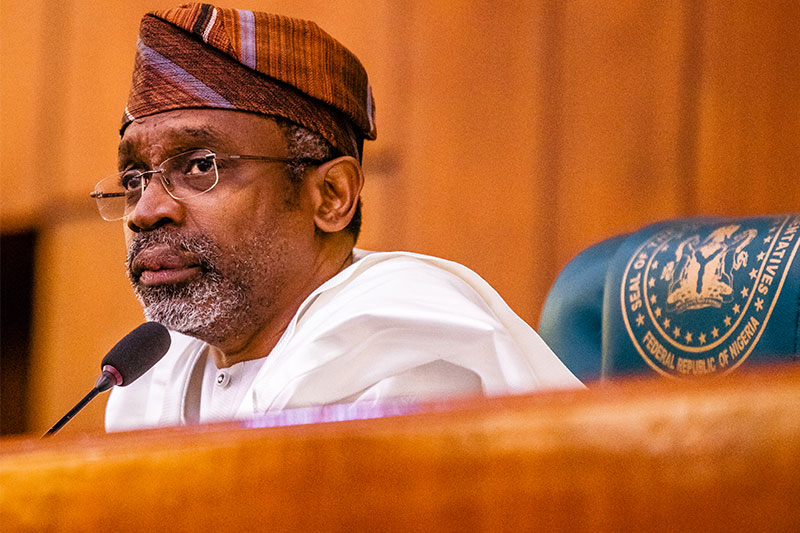
…says House ready for legislative intervention
The Speaker of the House of Representatives Rep. Femi Gbajabiamila has said that the Nigerian electric power sector is not performing optimally, a development he said must change for the better.
Gbajabiamila said, however, that Nigerians are in agreement that it is “the responsibility of the government to do something about this situation.”
Declaring open a public hearing on the Electric Power Sector Reform Act (Amendment) Bill and three others organized by the House Committee on Power, chaired by Hon. Magaji Da’u Aliyu, on Tuesday at the National Assembly, Gbajabiamila said the House was ready to carry out a long-overdue legislative reform of the sector.
He said: “Every Nigerian understands that the electric power sector in Nigeria is not performing optimally. Most people recognise that a situation where we cannot expect twenty-four-hour electricity in our cities and many rural areas remain wholly disconnected from the benefits of access to electricity is unacceptable.
“We all, for the most part, agree that it is the responsibility of the government to do something about this situation.”
Gbajabiamila said ordinary citizens, power industry operators, regulators and government all have different understandings of why the dysfunction in the power sector exists and persists and that “there are just as many ideas and recommendations for how to fix it.”
He noted that the Electric Power Sector Reform Act, 2005 is a substantial piece of legislation and remains the most significant statutory reform of the power sector in Nigeria for a generation.
“When it was written and passed into law, it was intended that the provisions of the Act would establish a new framework for optimal public-private sector collaboration to accelerate development in the power sector and promote efficiency across the power sector value chain.
“The extent to which these expectations have been met is one of the many issues in contention. Answering the question of what needs to be done to improve the Act so that it serves the best purposes of our country is the reason we have gathered here in this public hearing.”
He said the public hearing was an opportunity for stakeholders, both in government and the private sector, to participate in a structured conversation and contribute views that will help the House “undertake a long-overdue reform of one of the critical legislation governing the operations of the power sector in Nigeria.”
In considering the Bills, he urged the stakeholders to set aside all other considerations except those that are in the best interests of Nigeria and assured them that the House would do everything “within its constitutional authority to consider and safeguard all interests within reason.”
He commended the chairman and members of the House Committee on Power for their hard work on the bills and appreciated the efforts of all who worked to improve the legislative proposal to this advanced stage.
Earlier in his welcome remarks, the Committee Chairman, Hon. Da’u said the hearing was considered necessary to enable the committee to utilise the outcome of the exercise to address gaps in the existing laws to strengthen the Nigerian power sector for efficient service delivery.
Saying that the committee was overwhelmed by the support of the leadership of the House led by the speaker, Hon. Da’u assured of the committee’s determination to provide a conducive platform to generate information that would enrich the proposals.
He said the committee would discharge its responsibility in line with its legislative mandate.



